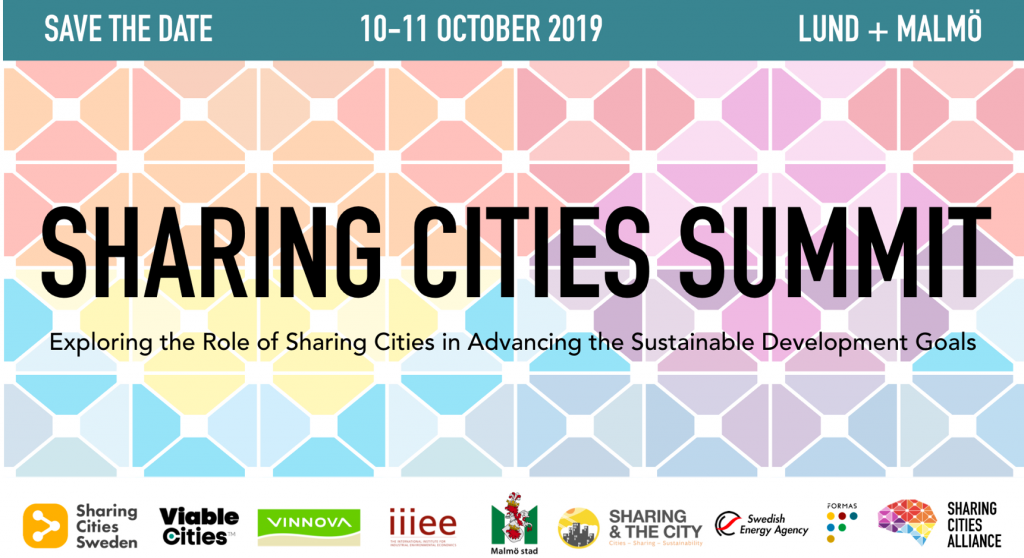
“The future of humanity is urban, and the nature of urban space enables, and necessitates, sharing of resources, goods and services, and experiences.” – Sharing Cities Sweden.
Cities are a big part of our research at TRANSFORM. Increasing numbers of people are migrating from rural to urban communities with the UN expecting 68 percent of the global population to reside in cities by 2050. This means we need to ensure our cities and neighbouring communities are sustainable, resilient, accessible and inclusive.
One of the ways we can do this is through the sharing economy. When people think of the shared economy, they normally think of Uber, Lyft or Airbnb. But Sharing Cities Sweden has a different idea. Dr. Kes McCormick explored Sharing Cities Sweden’s vision in TRANSFORM’s latest research seminar. This burgeoning project is developing test-beds in Stockholm, Gothenburg, Malmö and Umeå that will experiment with how housing, public spaces, goods, services and transport can be implemented in the sharing economy.
“To meet challenges, communities, organizations, and local governments are increasingly turning to a basic human practice: sharing.” – Sharing Cities Sweden.
Consumption and lifestyle choices have large implications for sustainability. Currently, we have a linear economic system that extracts, produces, distributes and discards resources which is problematic in a world where carbon emissions, inequality and resource scarcity are increasing. There are many innovative solutions to this problem but what makes the sharing economy effective is how it increases access to goods and services without increasing production. For example, this might include shared green spaces, shared transportation or Kitchener-Waterloo’s very own library of things.
Sharing Cities Sweden provides unique insight into urban sustainability solutions but Dr. McCormick highlights that more work needs to be done to understand the potential of the sharing economy. For example, system design, the role of SMEs, as well as the role of smaller cities, towns and communities are all crucial if we are to maximize the benefit of this innovative solution. We also need to think critically about who is participating in the sharing economy, why they are participating, and whether such systems are socially sustainable.
“Sharing is not new… humans share. It’s something that has existed for a long time in many different ways” – Dr. Kes McCormick
By reducing consumption of resources and increasing access to goods and services, Sharing Cities Sweden illustrates it’s possible to decouple economic growth and development in a way that promotes economic redistribution. Ultimately, this innovative research identifies transformative pathways by encouraging the human capacity to collaborate, create and share. This demonstrates that while technical solutions to sustainability transformations are important, this shows more research on social innovation is critical if we are to change lifestyle choices, reduce consumption and transform our economic system.
The Sharing Cities Sweden Summit is happening from 10–11 October 2019 in Lund and Malmö. For more information visit http://www.sharingcities.se

